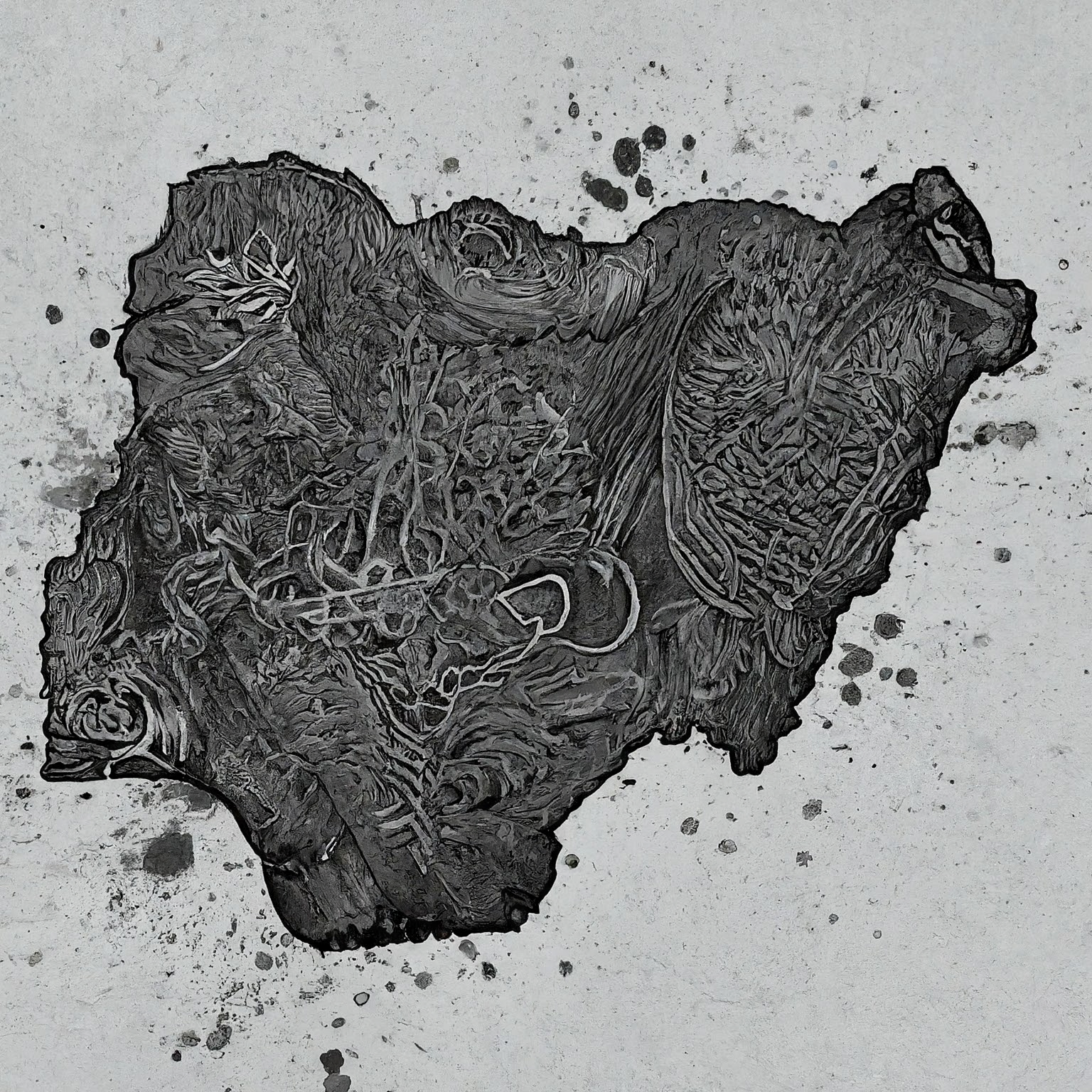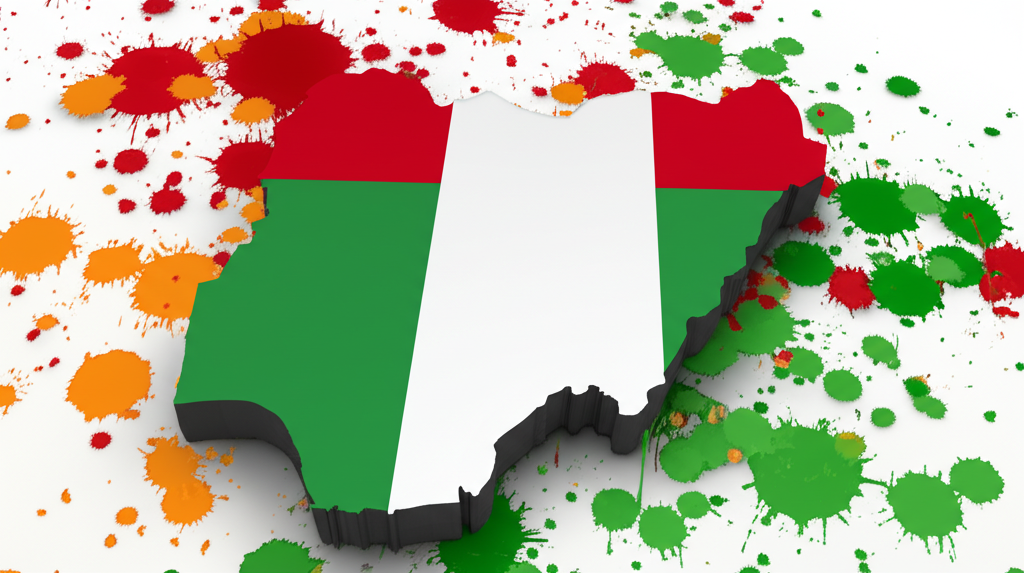Kemi Badenoch, a top politician for the UK Conservative Party, has sparked plenty of talk. She said that she identifies more with her Yoruba roots than with Nigeria as a whole. This news has plenty of people talking about identity, culture, and who we really are. This article will break down all the main points of this hot topic.
- Kemi Badenoch’s Statement: She said she feels more Yoruba than Nigerian.
- North vs. South: Badenoch said she doesn’t have anything in common with people from Northern Nigeria.
- Identity Issues: Her comments have opened up talks about identity and culture.
- Political Backlash: Some people have criticized her for her views on Nigeria.
Who is Kemi Badenoch?
Kemi Badenoch is a big name in UK politics. She’s a leader in the Conservative Party. But she was actually born to Nigerian Yoruba parents in the UK. She spent part of her childhood in Nigeria before heading back to the UK when she was 16. She’s known for her strong opinions and now she’s sparking a lot of debate about her Nigerian identity.
‘I’m Yoruba, Not Really Nigerian’
In a recent interview with The Spectator, Badenoch made it clear: she feels more connected to her Yoruba heritage than to Nigeria itself. She said she doesn’t relate to people from Northern Nigeria. This has caused quite a stir, because Nigeria is a country made up of many different groups of people. She even mentioned the Boko Haram area, highlighting the ethnic and religious differences in the country.
Why This Is a Big Deal
Nigeria has a history of ethnic and religious tension. When someone like Kemi Badenoch, who has a public profile, speaks about these issues, it gets people talking. It makes Nigerians and others ask questions about what it means to be Nigerian and how these differences affect people’s daily lives.
Reactions to Her Statements
Her comments have not been taken lightly. Some people, like former Aviation Minister Femi Fani-Kayode, said Nigeria doesn’t need her. He even told her to stay in the UK. Vice President Kashim Shettima also told her to change her name, if she is not relating to the country anymore. This shows how strong the feelings are about this issue.
Badenoch’s Background
Badenoch’s story is interesting. She was born in the UK, grew up in Nigeria, and then returned to the UK as a teenager. Her background is the reason for all the debate about her Nigerian identity. She has described Nigeria as a country full of corruption and insecurity, leading to many different reactions. Some are questioning her loyalty and connection to the country.
What This Means for Nigeria
This incident has brought up bigger discussions about the many different ethnic groups in Nigeria. It makes people wonder how much these groups identify with the country as a whole, and how much these differences impact national unity. It’s also brought up important questions about the Nigerian diaspora and how people see themselves when they’re living in other countries.
Conclusion
Kemi Badenoch’s statements have definitely created a lot of conversation. It’s opened up a much needed dialogue about identity, ethnicity, and what it means to be Nigerian. It’s important for us to keep talking about these things to understand our shared and different experiences.





